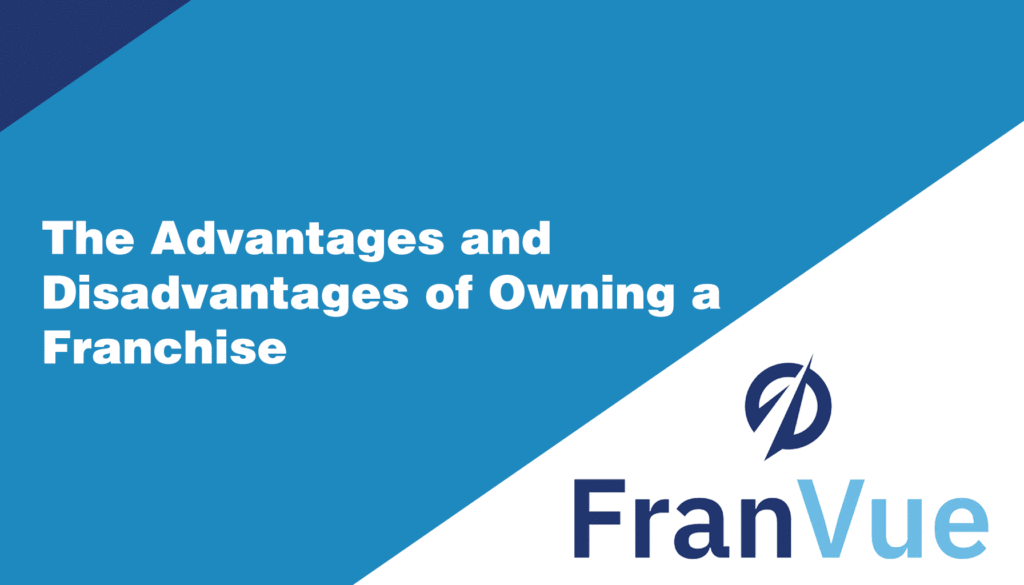A large number of operational businesses today are franchises, but that does not mean they are not suitable for everyone. Some of the advantages of franchises include higher buyer power, proven startup schedule, ongoing support, existing brand awareness, marketing, and advertising.
On the other hand, franchises also come with some disadvantages, such as royalty payments, startup costs, the reputation of other franchises, and rules and regulations that franchisees need to follow. Therefore, it’s important to compare the pros and cons of every franchise opportunity you like before investing. Here are the good and not-so-good things about owning a franchise:
The Pros & Cons of Owning a Franchise
First, the Pros
Proven Startup Schedule
Franchise systems follow a well-established schedule and procedures for setting up a franchise unit, which includes looking for a location, remodeling the location to suit the franchise, and marketing efforts before and after launching the business.
Network of Corporate Assistance
Franchise owners get continual support from the franchisor (parent brand). This support system can be helpful when you have any questions to ask the parent company and other franchise owners or if you require assistance on a certain issue.
Training of Employees
As a franchisee, you will get support and guidance regarding how to train your workers, which means that you have one less problem to bother about.
Existing Brand Awareness
The franchise company will have already established brand awareness for your franchise and would-be customers. In case the customers don’t know about your parent brand, they can easily search it on the internet to see their products and/or services.
Buying Power
Owning a franchise will give you buying power for products and supplies. The costs of items are usually lower since they can be purchased from vendors that the parent company has partnered with.
Marketing & Advertising
The franchisor (parent brand) will give franchisees marketing materials to use and a fixed schedule for business promotions and advertising.
Now, the Cons
Startup Costs
Startup costs are required to own a franchise since your franchise business needs to be similar to other branches of the company. These costs usually include rent, décor, furniture, inventory purchases, employee training, and marketing.
Royalty Fees
The parent company will ask you to pay a royal fee every month or year. This could be a fixed percentage, a percentage of gross sales, or both depending on the franchisor.
Limitations on Creativity
To ensure all franchises of the company are cohesive, most parent companies place restrictions on creativity. Franchises from the same company need to look identical and do the same marketing and promotions, making it more difficult to be creative in a franchise business than in an independent one.
Bond by Contract
If you want to buy a franchise, you will need to sign an agreement, which implies that you have to abide by the contract details, and this is very crucial if you want to shut down your franchise. So, make sure that you and your attorney go through and understand the franchise agreement before signing it.
Reputation of Other Franchise Units
If you own a franchise, your business will also share the reputation of other franchise outlets of the company. Customers consider all franchises as one company. So, if they have a horrible experience at one location, they may see other franchises of the brand as the same.
Rules & Regulations
The franchisor will have a set of regulations and rules that your franchise will need to follow. There will be comprehensive, clear guidelines for what you are free to do and what you are not regarding certain aspects of the business, such as pricing, décor, promotion, and marketing.


